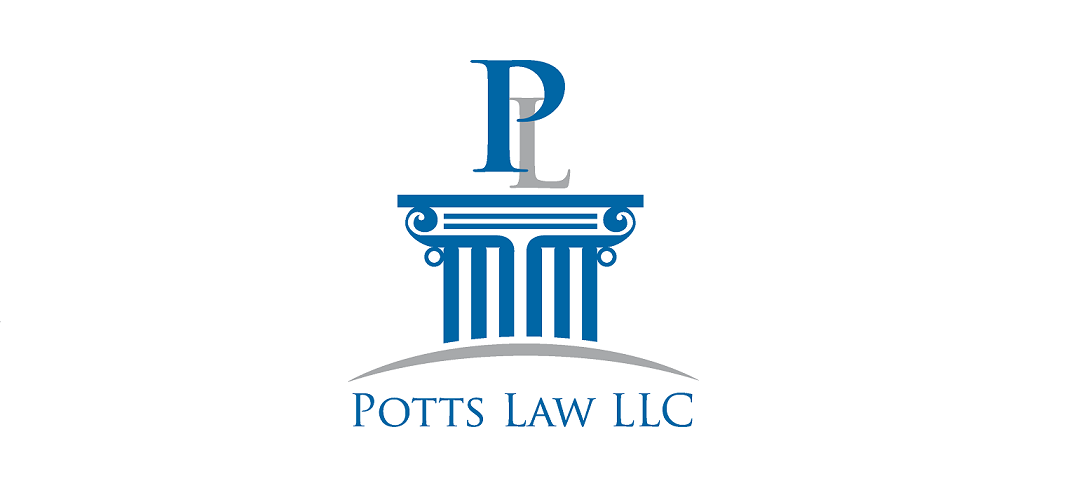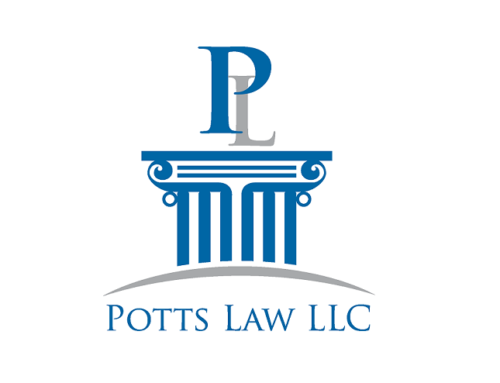Regrettably, motor vehicle collisions are a frequent occurrence on Indiana’s roadways. Often, these collisions happen despite your careful driving. Should you find yourself in such a situation, whether or not you believe you require medical attention, it’s crucial to dial 911.
Injuries resulting from collisions might not be immediately apparent due to the surge of adrenaline and shock during the incident. Engaging the police’s response is essential not only for documenting the incident accurately but also to preserve crucial evidence at the scene and identify potential witnesses.
Obtain Medical Care
Prioritize seeking medical attention if you sustain injuries. If your injuries don’t necessitate a visit to the Emergency Department, consider consulting your family physician. Alternatively, if you lack a family physician or can’t secure an appointment promptly, an urgent care facility might be suitable.
Even if your injuries initially appear minor, it’s advisable to consult a doctor. Enduring discomfort without seeking professional help not only hinders your recovery but also jeopardizes any potential claims arising from the collision.
The key is to promptly treat any injuries that arise. Life’s demands can often delay a doctor’s visit, causing days to turn into weeks or months. Failing to seek medical care promptly could cast doubt on whether your injuries stem from the collision, opening room for the insurance company to dispute their origin.
Many injuries that seem trivial can escalate without proper attention. In such cases, delaying treatment not only offers the insurance company an argument against the collision’s responsibility but also enables them to claim your inaction contributed to the injuries.
For substantiating your claim, medical records are pivotal evidence. Informing family and friends about your injuries or documenting your pain in a diary won’t suffice without medical documentation. If a qualified healthcare professional can’t attest to your injuries’ existence and extent, proving your claim in court becomes challenging. In the aftermath of a collision, seek medical attention promptly.
Adhere to Medical Guidance
Initiating medical care is a vital initial step.
Equally crucial is adhering to your doctor’s advice. Your physician might prescribe medications or recommend physical therapy to aid your recovery. Following these directives is pivotal not just for healing but also for pursuing a personal injury claim. Failing to comply with prescribed treatment will be discovered by the insurance company and the defense, weakening your position.
If you disagree with your doctor or find the treatment ineffective, discuss your concerns openly. Your doctor can likely adjust your treatment plan if you communicate honestly. Yet, disregarding medical advice can devalue your claim as it suggests you’re not fully committed to recovering physically. The insurance company could assert that you neglected to “mitigate your damages,” leading to reduced compensation.
Consult an Attorney Before Speaking to the Insurer
The primary aim of insurance companies is swift settlement with minimal compensation. Consequently, they might propose an immediate settlement. However, accurately assessing your case’s value hinges on completing medical treatment and achieving physical recovery.
The insurance company’s sole focus is minimizing payouts, not your injuries or their impact. Their goal is to close your case promptly. While accepting an early settlement may seem convenient, it won’t fully cover your injuries and losses.
Before conversing with the insurer, consult with a personal injury attorney. This step safeguards your interests and prevents you from inadvertently undermining your claim.
Transparency When Seeking Legal Advice
Your personal injury attorney is your ally, and communications with them are confidential. Attorneys work with the facts to assist you effectively. While attorneys can navigate challenging facts that you might believe could harm your case, attempting to conceal information can damage your credibility. It’s crucial to be forthright about your medical history, criminal record, and any previous accidents.
Exercise Caution on Social Media
While sharing updates on social media is commonplace, remember that the insurance company is not your ally. To maximize your claim’s potential, refrain from discussing the collision or your injuries on social media. Implement these steps to safeguard your case from social media pitfalls. If you deem it necessary to post about the incident or your injuries, ensure your privacy settings are robust.
Once the insurance company is aware of your claim, they’ll scour publicly accessible information you’ve shared. Your intentions may be honest, but sharing such information prematurely is unwise.
Your medical records serve as critical evidence in an injury claim, and you can’t control their content. Insurers will exploit any opportunity to challenge your credibility, pouncing on any discrepancies between your doctors’ reports and your social media posts.
Even if your privacy settings are strong, information you share on social media can potentially be used in court. If legal action becomes necessary against the responsible party, you might be questioned under oath about your social media posts or asked to produce documentation.
To find an Indianapolis Personal Injury Attorney, contact Potts Law at (317) 951-0087 today or fill out the online contact form. Our attorneys have years of experience and knowledge that will help you with your case.


